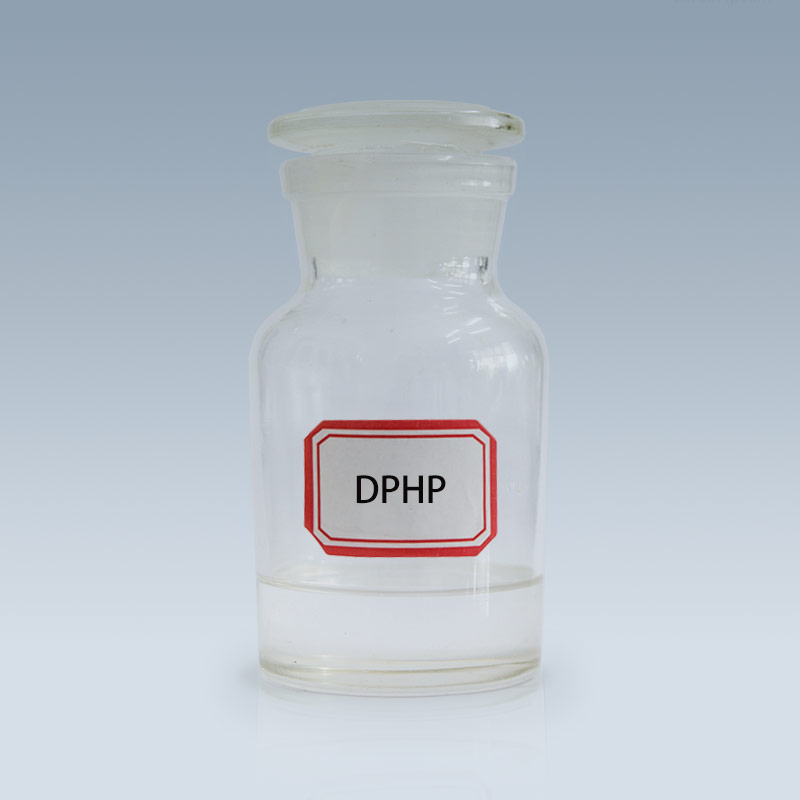In the world of polymers and plastics, plasticizers play a crucial role in enhancing material flexibility, durability, and workability. Among the array of chemical compounds used for this purpose, Dioctyl Adipate (DOA) stands out as a versatile and widely adopted solution. Known for its excellent low-temperature performance and resistance to weathering, DOA has become a go-to additive across various industries.
What is Dioctyl Adipate?
Dioctyl Adipate is an ester derived from adipic acid and 2-ethylhexanol. Its molecular structure makes it highly compatible with a range of polymers, particularly polyvinyl chloride (PVC). Unlike some traditional plasticizers, DOA offers unique advantages, such as superior flexibility at low temperatures and minimal migration over time. These properties make it indispensable in applications where performance under extreme conditions is critical.
Key Applications of Dioctyl Adipate
One of the primary uses of DOA is in the production of flexible PVC products. It is commonly found in items like cables, wires, and automotive interiors, where maintaining pliability and resilience is essential. For instance, in automotive applications, DOA ensures that materials retain their flexibility even in freezing climates without becoming brittle—a feature that enhances both safety and longevity.

Beyond PVC, DOA finds extensive use in synthetic rubbers, coatings, and adhesives. In rubber manufacturing, DOA improves processing characteristics while delivering enhanced elasticity and tear resistance. Similarly, in coatings and sealants, DOA contributes to better film formation and adhesion, ensuring robust protection against environmental factors.
Another notable application is in food packaging films, where DOA’s non-toxic nature and compliance with regulatory standards make it a safe choice. Its ability to impart softness and clarity to these films ensures they meet consumer expectations for quality and functionality.
Advantages Over Other Plasticizers
Compared to phthalate-based plasticizers, which have faced scrutiny due to health and environmental concerns, Dioctyl Adipate presents a safer alternative. It exhibits lower volatility and reduced potential for leaching, making it more stable during product lifecycles. Additionally, its compatibility with bio-based polymers aligns well with the growing demand for sustainable solutions in the plastics industry.



 English
English 中文简体
中文简体







